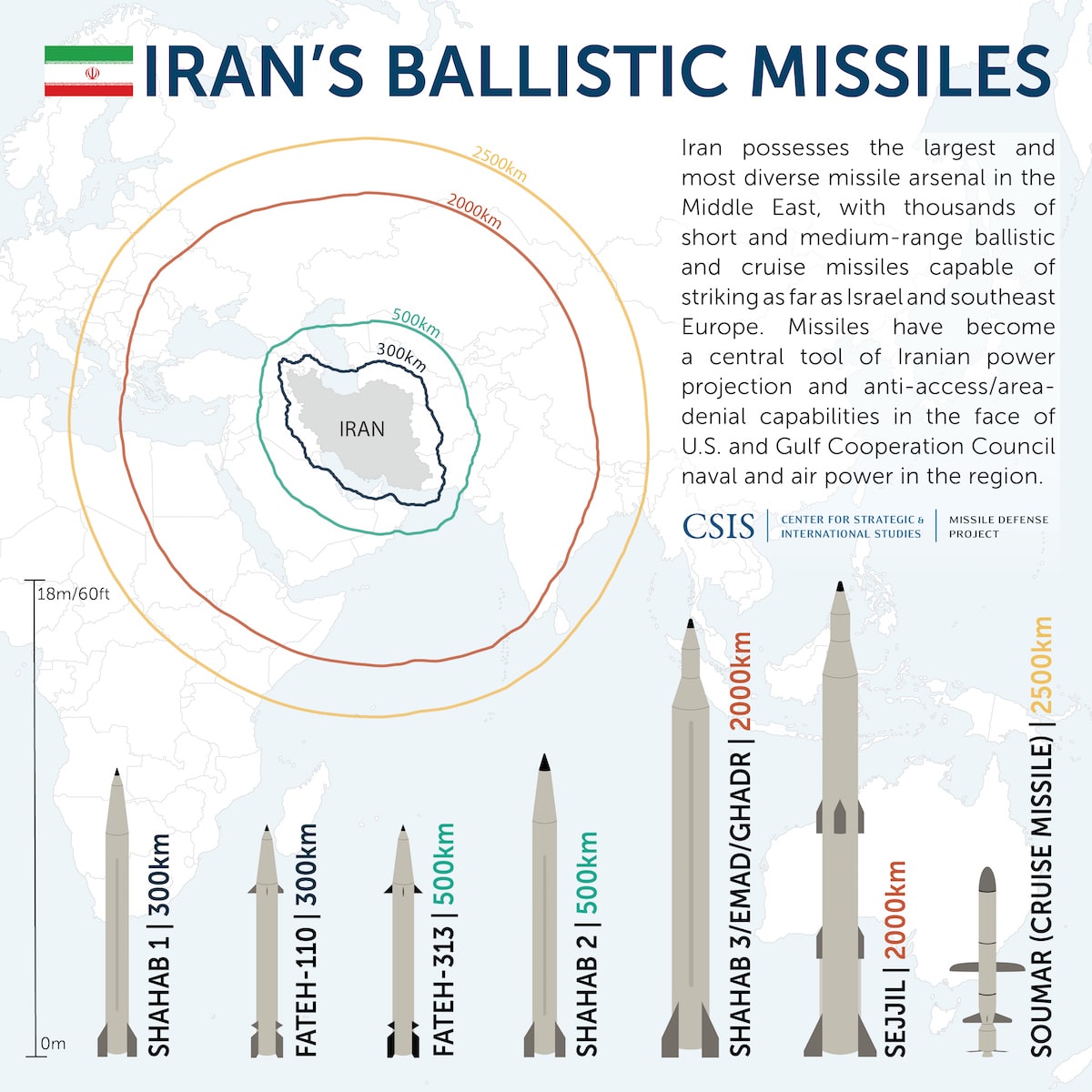This is going to take another waiver…. I hope that early on in the Trump administration there will be a final act to list and designate drug cartels as terror organizations. Fair warning however, the economies of Latin American countries could financially collapse.
It is also notable that General Kelly lost a son to the enemy known as the Taliban in 2010 in Afghanistan.
WaPo: Donald Trump has chosen retired Marine Gen. John F. Kelly to run the Department of Homeland Security, turning to a blunt-spoken border security hawk who clashed with the Obama administration over women in combat and plans to close the prison at Guantanamo Bay, according to people familiar with the decision.
Kelly, who retired in February as chief of U.S. Southern Command, would inherit a massive and often troubled department responsible for overseeing perhaps the most controversial part of Trump’s agenda: his proposed crackdown on illegal immigration. DHS is the third-largest Cabinet department, with more than 240,000 employees who do everything from fight terrorism to protect the president and enforce immigration laws.
Kelly, 66, is a widely respected military officer who served for more than 40 years, and he is not expected to face difficulty winning Senate confirmation. Trump’s team was drawn to him because of his southwest border expertise, people familiar with the transition said. Like the president-elect Kelly has sounded the alarm about drugs, terrorism and other cross-border threats he seems as emanating from Mexico and Central and South America.
Yet Kelly’s nomination could raise questions about what critics see as Trump’s tendency to surround himself with too many military figures. Trump has also selected retired Marine Gen. James N. Mattis for defense secretary and retired Lt. Gen. Michael T. Flynn as national security adviser, while retired Army Gen. David Petraeus is under consideration for secretary of state.
Kelly, a Boston native, was chosen over an array of other candidates who also met with Trump after his surprise election victory last month. Those in contention included Frances Townsend, a top homeland security and counterterrorism official in the George W. Bush administration; Milwaukee County sheriff David Clarke and Kansas Secretary of State Kris Kobach. Clarke and Kobach are vocal Trump backers, with Kobach being nationally known for his strong views on restricting illegal immigration. More here.
**** Why is General Kelly a stellar choice for the Department of Homeland Security? In 2015, in part his testimony before the Senate Armed Services Committee gives us a huge clue:
Last year, almost half a million migrants1 from Central America and Mexico—including over 50,000 unaccompanied children (UAC) and families—were apprehended on our border, many fleeing violence, poverty, and the spreading influence of criminal networks and gangs. Assistant Secretary of State Roberta Jacobson testified that the “UAC migration serves as a warning sign that the serious and longstanding challenges in Central America are worsening.”2 In my opinion, the relative ease with which human smugglers moved tens of thousands of people to our nation’s doorstep also serves as another warning sign: these smuggling routes are a potential vulnerability to our homeland. As I stated last year, terrorist organizations could seek to leverage those same smuggling routes to move operatives with intent to cause grave harm to our citizens or even bring weapons of mass destruction into the United States. Mr. Chairman, Members, addressing the root causes of insecurity and instability is not just in the region’s interests, but ours as well, which is why I support President Obama’s commitment to increase assistance to Central America.
These and other challenges underscore the enduring importance of U.S. Southern Command’s mission to protect our southern approaches. We do not and cannot do this mission alone. Our strong partnerships with the U.S. interagency—especially with the Department of Homeland Security (DHS), the U.S. Coast Guard, the Drug Enforcement Administration (DEA), the Federal Bureau of Investigation (FBI), and the Departments of Treasury and State—are integral to our efforts to ensure the forward defense of the U.S. homeland. We are also fortunate to have strong, capable partners like Colombia, Chile, Brazil, El Salvador, and Panama, regional
leaders and outstanding contributors to hemispheric and international security. Given our limited intelligence assets, interagency relationships and bilateral cooperation are critical to identifying and monitoring threats to U.S. national security and regional stability.
I am also troubled by the financial and operational overlap between criminal and terrorist networks in the region. Although the extent of criminal-terrorist cooperation is unclear, what is clear is that terrorists and militant organizations easily tap into the international illicit marketplace to underwrite their activities and obtain arms and funding to conduct operations.4 It’s easy to see why: illicit trafficking is estimated to be a $650 billion industry—larger than the GDP of all but 20 countries in the world—and less than 1 percent of global illicit financial flows is currently being seized or frozen.5 The terrorist group Lebanese Hezbollah—which has long viewed the region as a potential attack venue against Israeli or other Western targets—has supporters and sympathizers in Lebanese diaspora communities in Latin America, some of whom are involved in lucrative illicit activities like money laundering and trafficking in counterfeit goods and drugs. These clan-based criminal networks exploit corruption and lax law enforcement in places like the Tri-Border Area of Brazil, Paraguay, and Argentina and the Colon Free Trade Zone in Panama and generate revenue, an unknown amount of which is transferred to Lebanese Hezbollah. Unfortunately, our limited intelligence capabilities make it difficult to fully assess the amount of terrorist financing generated in Latin America, or understand the scope of possible criminal-terrorist collaboration. You can read his presentation and testimony here.




